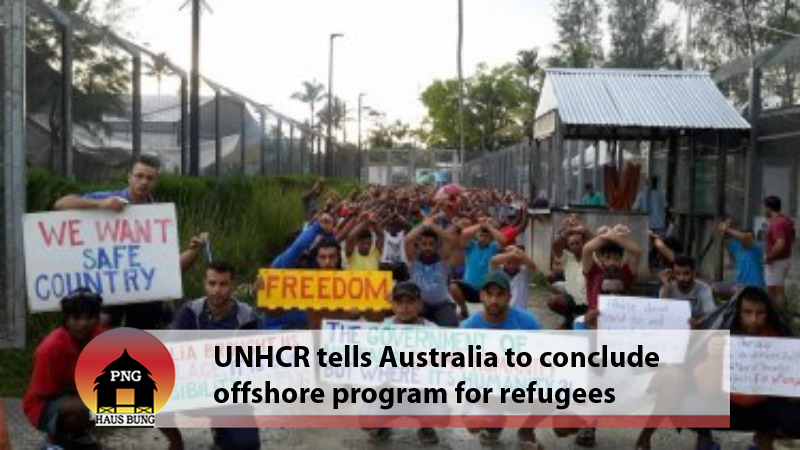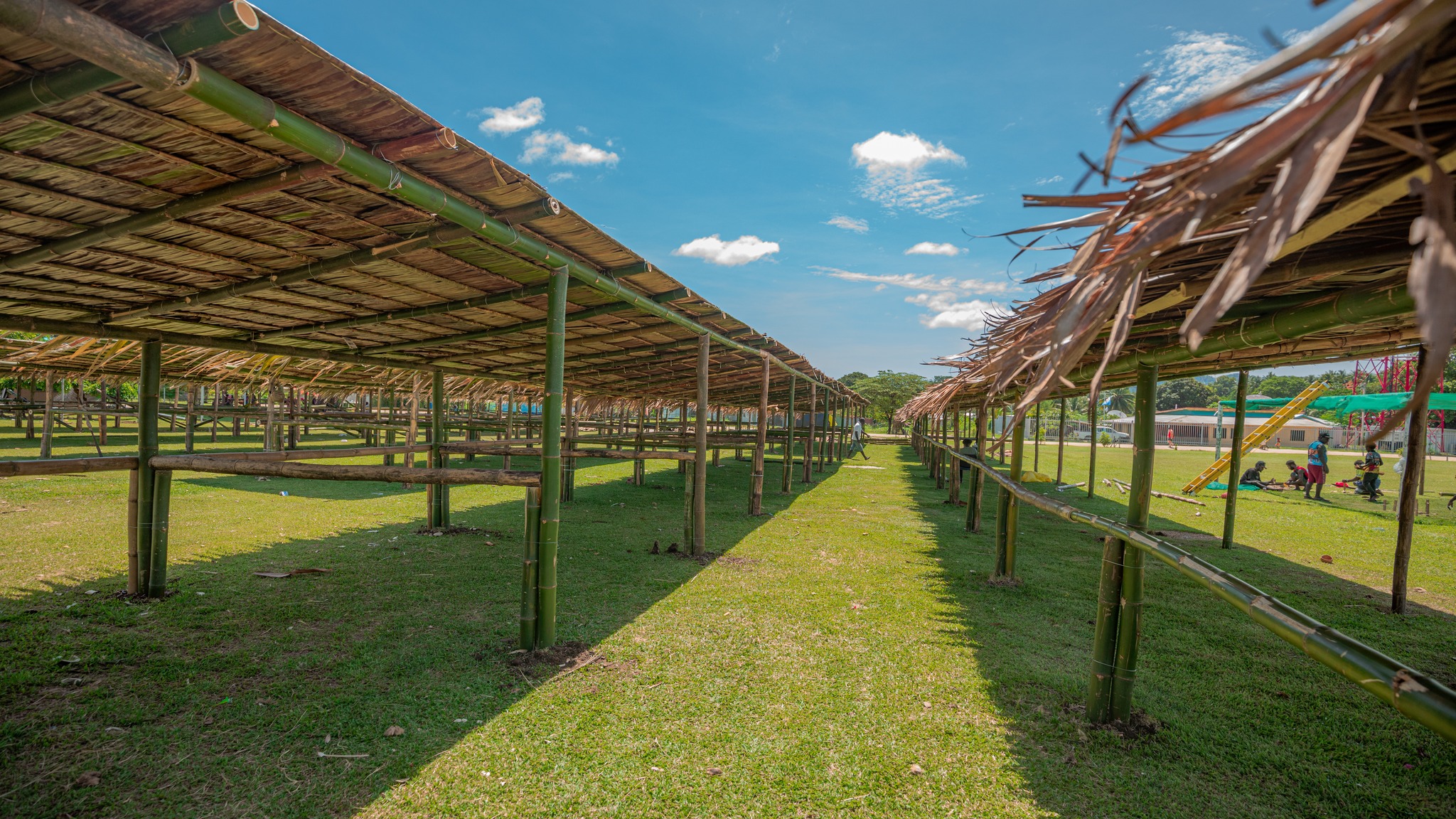NEWS
NO LONG-TERM SOLUTIONS FOR DUMPED REFUGEES IN PNG: UNHCR
![]() By PNG Haus Bung |
October 7, 2021
By PNG Haus Bung |
October 7, 2021

Related News
LATEST NEWS




